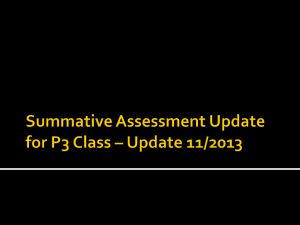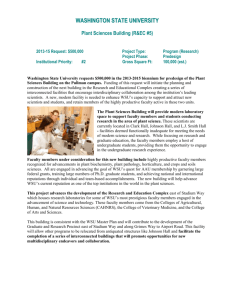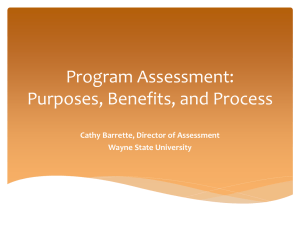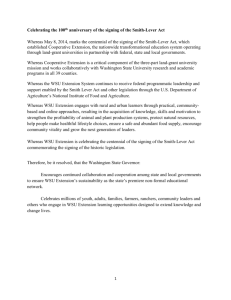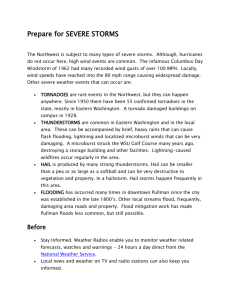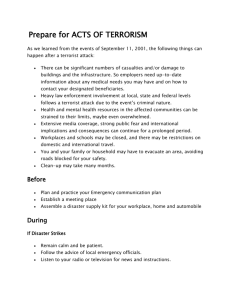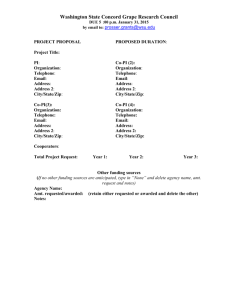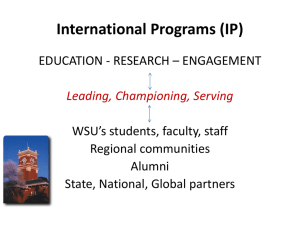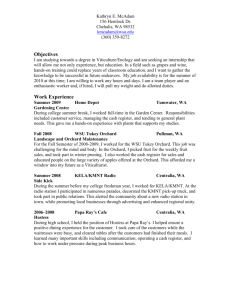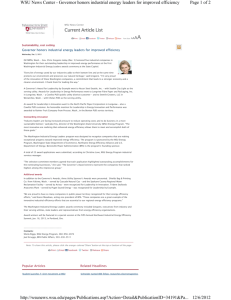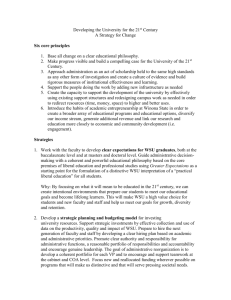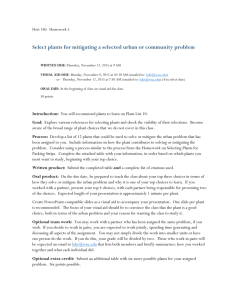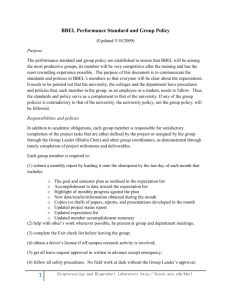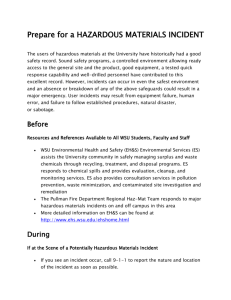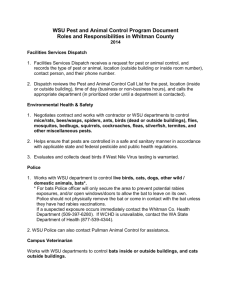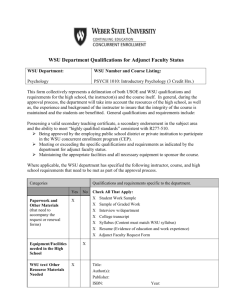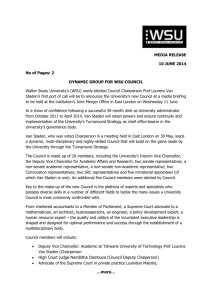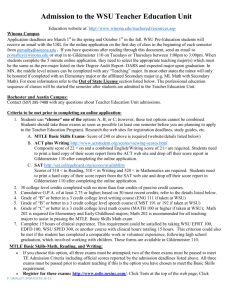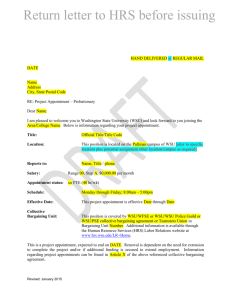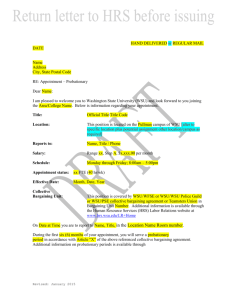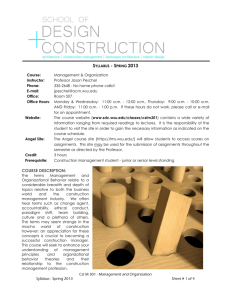The demographics of our time (2)
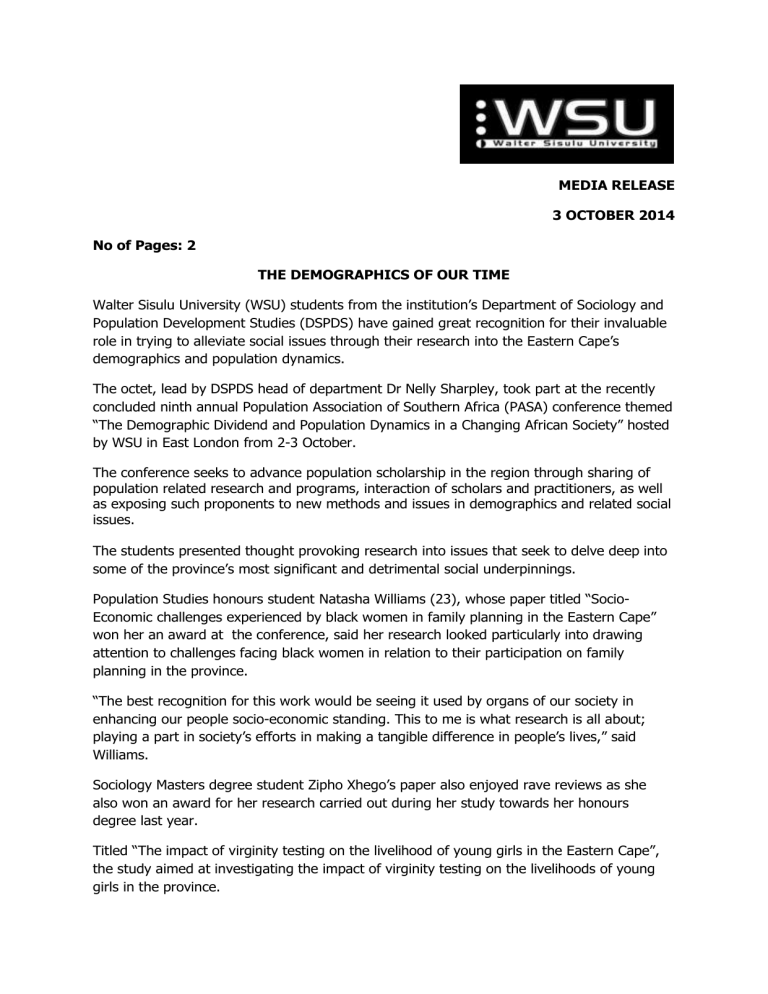
MEDIA RELEASE
3 OCTOBER 2014
No of Pages: 2
THE DEMOGRAPHICS OF OUR TIME
Walter Sisulu University (WSU) students from the institution’s Department of Sociology and
Population Development Studies (DSPDS) have gained great recognition for their invaluable role in trying to alleviate social issues through their research into the Eastern Cape’s demographics and population dynamics.
The octet, lead by DSPDS head of department Dr Nelly Sharpley, took part at the recently concluded ninth annual Population Association of Southern Africa (PASA) conference themed
“The Demographic Dividend and Population Dynamics in a Changing African Society” hosted by WSU in East London from 2-3 October.
The conference seeks to advance population scholarship in the region through sharing of population related research and programs, interaction of scholars and practitioners, as well as exposing such proponents to new methods and issues in demographics and related social issues.
The students presented thought provoking research into issues that seek to delve deep into some of the province’s most significant and detrimental social underpinnings.
Population Studies honours student Natasha Williams (23), whose paper titled “Socio-
Economic challenges experienced by black women in family planning in the Eastern Cape” won her an award at the conference, said her research looked particularly into drawing attention to challenges facing black women in relation to their participation on family planning in the province.
“The best recognition for this work would be seeing it used by organs of our society in enhancing our people socio-economic standing. This to me is what research is all about; playing a part in society’s efforts in making a tangible difference in people’s lives,” said
Williams.
Sociology Masters degree student Zipho Xhego’s paper also enjoyed rave reviews as she also won an award for her research carried out during her study towards her honours degree last year.
Titled “The impact of virginity testing on the livelihood of young girls in the Eastern Cape”, the study aimed at investigating the impact of virginity testing on the livelihoods of young girls in the province.
“My study looked at the harmful practices perpetuated within societies in the name of culture. I wanted to give these young girls a voice in a system that tends to drown their outcries. I wanted to know how they feel,” said Xhego.
She said the research element of WSU’s DSPDS program was highly effective because it gives students a responsibility to confront their community’s societal issues through research, and also charges them with going back and reporting their findings to their communities.
A plethora of issues were covered under the titles “Ghanaian immigrants in the informal sector of Mthatha”; “The usage of natural resources as a strategy in poverty and job creation”; “A comparative study of indigenous leafy vegetables by two different age groups of women”; “Cultural responsibilities of male partners in learner pregnancies”; “The influence of social network usage: problems and prospects of social networking amongst
Mthatha youth”; “Suicide amongst the youth in Alfred Ndzo Municipality in Bizana”; as well as “Impact of rural-urban migration on urban areas of the Eastern Cape”.
Dr Sharpley said WSU’s role in contextualising key issues of the people was now more important than ever in a country confronted with societal upheavals at every turn.
“WSU’s expertise in understanding the demographics and population dynamics of our region is key. It’s through championing these scientific studies that we can begin to analyse, research and project the nature of our populations and help government plan how to run this effectively, with scientific solutions on the table,” said Sharpley.
WSU Spokesperson Angela Church said: “WSU is one of only a few universities in the country that offers studies in this area of expertise. Its role in provision of skills, data and information to organs of this state cannot be undermined. This conference was yet another indication of the value that universities like WSU can add to important issues of our time.”
Ends.
Issued by:
Angela Church
WSU spokesperson
Tel 082 371 2948/076 404 9924 achurch@wsu.ac.za
